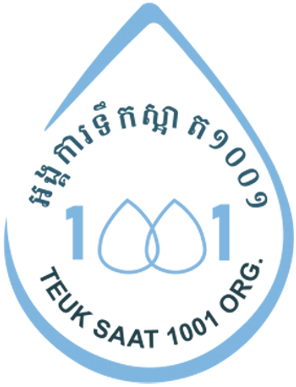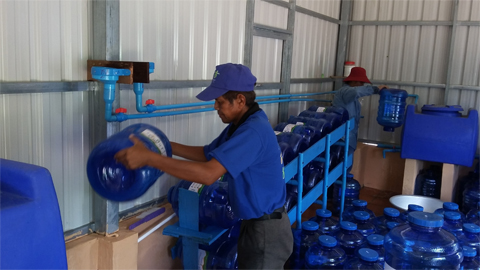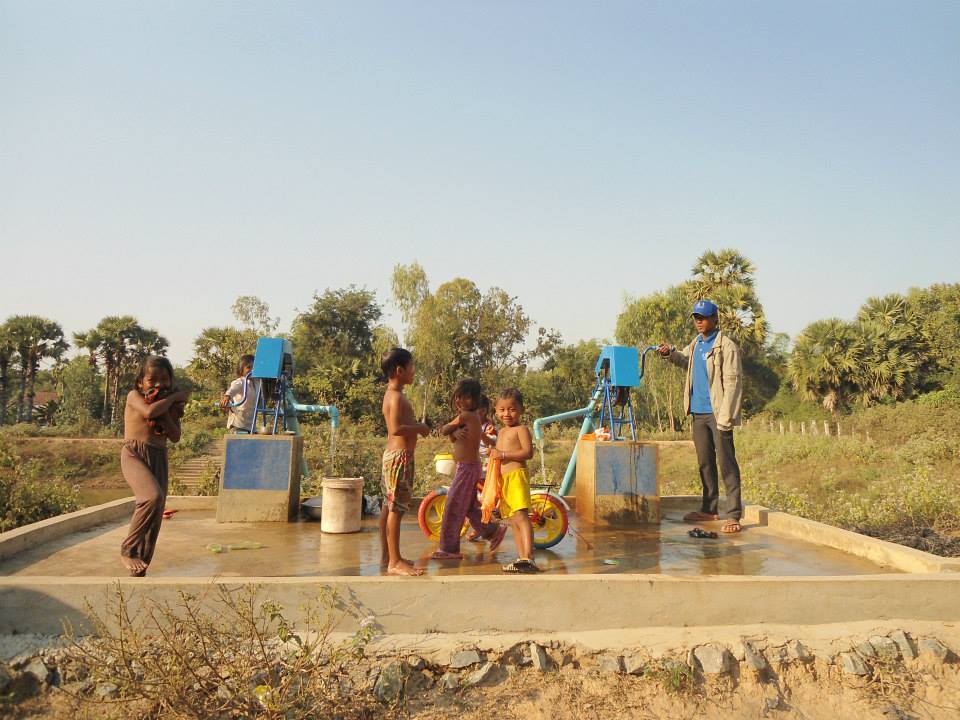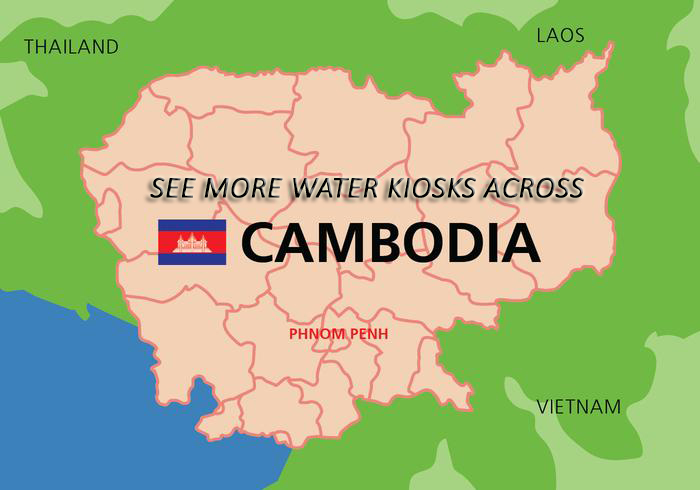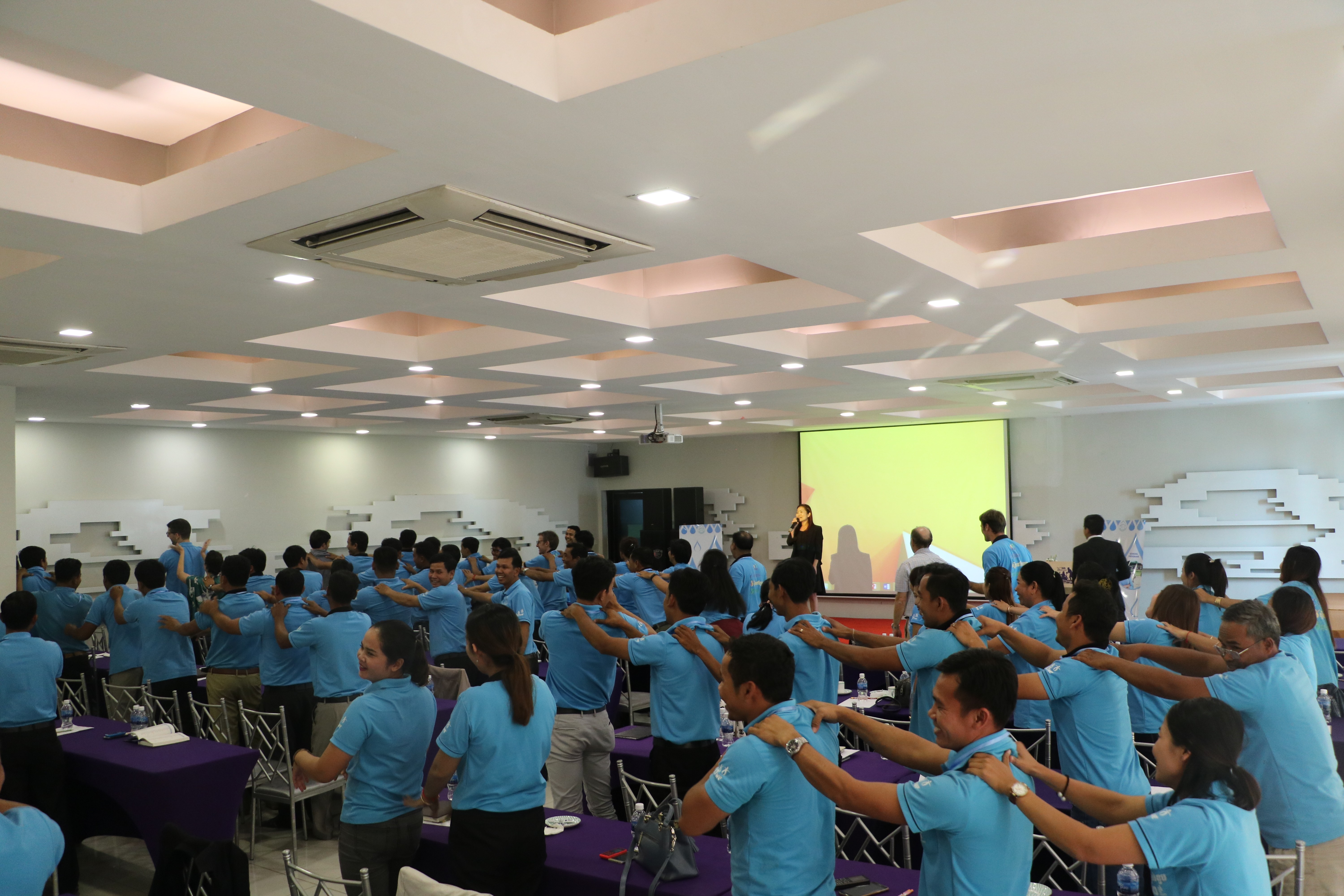
The RDI Laboratory Department was initiated in 2004 to serve three core needs in Cambodia:
- Make water quality testing services available to organizations, companies, and individuals to ensure drinking water is safe and the environment is protected
- Research emerging environmental and public health issues, such as groundwater arsenic and pesticides in vegetables
- Help train the next generation of Cambodian scientists about environmental management and protection of human and environmental health
Since 2004, laboratory capacity has improved annually with the acquisition of new instruments and the implementation of new standards and protocols. The RDI Laboratory Department has collaborated on dozens of research projects on a variety of environmental and public health topics. Additionally, dozens of Cambodian science students have passed through our doors – participating in research projects, learning lab testing methods, and some RDI staff moving on to graduate studies abroad.
Water Quality Testing
Water quality testing is an important part of development as microbial pathogens can cause diarrheal disease and natural or human-caused chemical contamination can harm people and the environment.
Soil Quality Testing
Soil quality testing is also an important part of development to ensure efficiency in matching crops with existing soil conditions and optimizing fertilizer application on farms.
GIS and Data Management
GIS and Data management are a key component in the monitoring of development projects and the communication of their results. The RDI GIS/Data Lab utilizes ArcGIS and Google Earth to track and plan development project activities, such as door-to-door arsenic education. Microsoft Access is used to design databases to enter, organize, and analyze data.
Training and Capacity-building
Training and capacity-building in the sciences is an important part of the development of Cambodia. RDI accepts many interns from local technical universities and gives them an opportunity to gain practical knowledge through laboratory testing and engaging in research projects.
tests
| PARAMETER | TESTING METHOD | PRICE |
|---|---|---|
| PH | Electronic PH-meter | $2 |
| Turbidity | Turbidimeter | $2 |
| Salinity (TDS and Conductivity) | Sens-Ion 5 Probe | $2 |
| Chloride | Probe | $5.5 |
| Total Hardness as (CaCO₃ and MgCO₃) | EGTA+EDTA Method with Colorimeter | $5.5 |
| Nitrite | NitriVer Method with colorimeter | $6.5 |
| Combined Nitrate/Nitrite | Cadmium reduction with Colorimeter | $6.5 |
| Phosphate as PO₄ | Ascorbic Acid Method with Colorimeter | $6.5 |
| Cyanuric Acid | C.A 2 reagent with colorimete | $6.5 |
| Copper | CuVer method | $6.5 |
| Iron | FerroVer Method with Colorimeter | $5.5 |
| Manganese | Oxidation Method with Colorimeter | $7.5 |
| Arsenic | HACH Test Kit | $16 |
| Free Chlorine | DPD Method with Colorimeter | $5.5 |
| Sulfate as SO₄ | SulfaVer Method with colorimeter | $6.5 |
| Silica as SiO2 | HACH Silica reagent set | $7.5 |
| Fluoride | SPANDS Method with Colorimeter | $6.5 |
| Zinc | Zincon Method 2 | $6.5 |
| Aluminum | Aluminum Method | $8 |
| E. Coli with pH & Turbidity | Membrane Filtration, incubation at 37.5 C° | $12 |
| Total Coliforms & E.Coli with pH & Turbidity | Membrane Filtration, incubation at 37.5 C° | $16 |
| Legionella | ISO 3896, incubation at 36 C° | $66 |
Expert
Bio: Lorem ipsum dolor sit amet, conse ctetur adipisicing elit, sed do eiusmod tempor incididunt ut...
Expert
Bio: Lorem ipsum dolor sit amet, conse ctetur adipisicing elit, sed do eiusmod tempor incididunt ut...
Expert
Bio: Lorem ipsum dolor sit amet, conse ctetur adipisicing elit, sed do eiusmod tempor incididunt ut...
